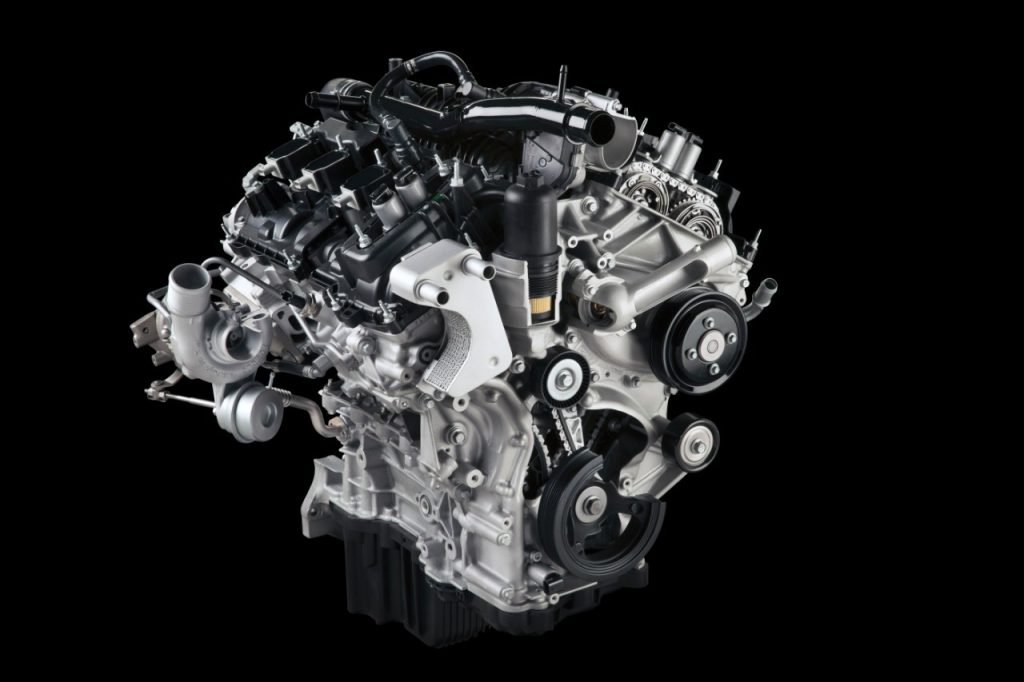- A cracked or broken engine intake valve can cause catastrophic engine damage.
- Impacted models are installed with the firm’s 2.7-liter and 3.0-liter EcoBoost V6 engines.
- The recall includes the Bronco, Explorer, Edge, Lincoln Aviator, and Lincoln Nautilus.
Ford has just issued yet another recall in the United States, this time impacting more than 90,000 popular SUV and pickup truck models for engine issues the carmaker has been aware of for more than two and a half years.
To make matters worse for Ford, the issue at hand is a severe one. The car manufacturer has determined that its 2.7-liter EcoBoost V6 and 3.0-liter EcoBoost V6 contain engine intake valves that have a propensity to crack and break. This could lead to what Ford describes as “catastrophic engine damage,” which results in a loss of power and increases the risk of a crash.
Read: US Expands Ford Bronco Probe Over Catastrophic Engine Failures To Over 700,000 Vehicles
Ford’s recall notice issued with the National Highway Traffic Safety Administration (NHTSA) says the engine intake valves may have “grinding burn and over-specification hardness at the third keeper groove location in the valve.”
This recall has been a long time in the making as Ford started investigating its 2.7-liter and 3.0-liter engines in January 2022 after 22 failures. The issue became so severe that the NHTSA’s Office of Defects Investigation launched a probe into the engines in October 2023. That probe included no less than 708,837 vehicles.

Included in this recall are 15,835 Ford Bronco models from the 2021-2022 model years that were manufactured from May 1, 2021, to October 30, 2021. The recall also includes 47,719 Ford F-150s built between May 1, 2021, and October 31, 2021 for 2021-2022MY. Ford is also recalling 2021-2022 Edge models made from May 10, 2021, to October 29, 2021, 2021-2022 Explorers assembled between June 7, 2021, and October 31, 2021, 2021-2022 Lincoln Nautilus models built from May 10, 2021, to October 29, 2021, and 2021-2022 Lincoln Aviators produced from June 7, 2021, to October 31, 2021.
Owners of these vehicles will be alerted to the recall from October 7, 2024. Dealers will inspect each vehicle to determine the cumulative number of engine cycles and replace the engines on vehicles that fail high rpm cycle tests.
In a statement issued to CarScoops, Ford said, “Our goal is to prevent quality issues from happening in the first place. When they do occur, our focus is on responding quickly with a recall or service action to prevent our customers from experiencing issues with the least inconvenience possible. We are proud that our launch quality has reached best-in-class levels, and our long-term quality is showing improvement.”




